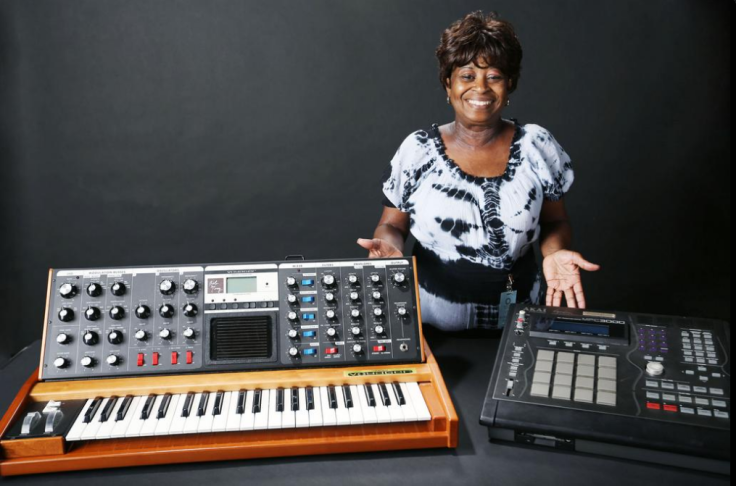Legendary Hip-Hop Producer J Dilla's Equipment To Be Featured At Smithsonian's National Museum Of African American History And Culture

The Smithsonian Institution will include two pieces of music equipment owned by revered hip-hop producer James “J Dilla” Yancey in its soon-to-be-finished National Museum of African American History and Culture, or Nmaahc.
Yancey’s Akai MPC3000 sampler and his custom-made Minimoog Voyager will be featured at the new museum. His Voyager was one of the last such machines famed synthesizer builder Robert Moog personally made for an artist.
The announcement about the equipment was made at the annual DC Loves Dilla tribute concert in Washington Thursday. The gear was donated by Yancey’s mother, Maureen Yancey, aka Ma Dukes.
J Dilla's mother, Maureen Yancy, pictured with the collection: #NMAAHCLovesDilla pic.twitter.com/rwbfOBWvyU
- Smithsonian NMAAHC (@NMAAHC) July 18, 2014“J Dilla’s body of work is a testament to creativity and innovation, the very elements on which hip-hop was founded,” said Timothy Anne Burnside, a music historian for the Nmaahc. “He was fearlessly dedicated to music, following in the footsteps of many musical greats; as a child. he first danced to James Brown, and like Duke Ellington, he was uncannily versatile. It is in the company of the greats that he belongs.”
Yancey, or Dilla, as he’s commonly known, died in 2006, but he produced a hugely influential body of work until his passing from lupus at age 32. Yancey grew up in Detroit and gained recognition for his production work as a part of Slum Village, a hip-hop trio he formed with two friends. He went on to work with A Tribe Called Quest, Busta Rhymes, The Roots and more. He’s known as one of the most important hip-hop producers ever.
Yancey moved to Los Angeles from Detroit in the early 2000s. His assets were spread between the two cities, and after he became sicker and eventually succumbed to his disease, some of his massive collection of records and demo tapes were lost in the ensuing chaos. Bits and pieces turn up periodically, but this has only added to the late producer’s mystique.
Check out a bootleg tape of beats Dilla produced on his beloved MPC3000, which he used until his death:
© Copyright IBTimes 2025. All rights reserved.






















